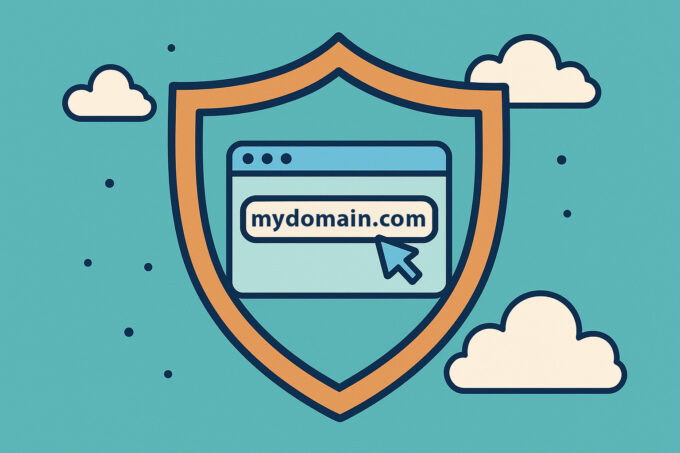WARNING. The following is a bit boring and somewhat technical. If you’re just wondering what “http-two” buzz is all about and if your site needs it, the answer is “yes”, it’s awesome, it’s time to embrace it.
Introduction
Website speed and performance are crucial for user satisfaction. Slow-loading websites can lead to frustration and abandonment by visitors. To enhance website performance, many hosting providers have embraced HTTP/2, the latest version of the Hypertext Transfer Protocol. In this article, we will explore the benefits of adopting HTTP/2 and how it can improve your website’s speed and user experience.
Faster Page Load Times
HTTP/2 introduces several features that significantly enhance the speed of web page loading. One such feature is multiplexing, which allows multiple requests and responses to be sent simultaneously over a single connection. Unlike its predecessor, HTTP/1.1, which handled requests sequentially, HTTP/2 enables parallel processing, reducing latency and enabling faster page load times. This means that your website visitors will experience quicker access to your content, leading to increased engagement and lower bounce rates.
Efficient Header Compression
HTTP/2 implements efficient header compression, reducing the amount of data that needs to be transmitted between the client and the server. In HTTP/1.1, headers were sent with each request, resulting in unnecessary overhead and slower performance. With HTTP/2, header fields are compressed, optimizing bandwidth usage and allowing more content to be delivered with fewer bytes. This improvement in efficiency contributes to faster website loading and improved overall performance.
Server Push
One of the most notable features of HTTP/2 is server push. Traditionally, a web page requested resources such as images, stylesheets, and scripts individually. With server push, the server can proactively push these resources to the client, anticipating the client’s needs based on the initial request. This eliminates the need for additional round trips between the client and server, reducing latency and further improving website speed. By pushing the necessary resources, your website can deliver content to visitors more quickly, enhancing the user experience.
Compatibility and Browser Support
HTTP/2 is widely supported by modern web browsers, including Chrome, Firefox, Safari, and Edge. This means that by adopting HTTP/2, you can provide an enhanced experience to a majority of your website visitors. However, it is essential to ensure that your hosting provider supports HTTP/2 and that your website is configured to use it effectively. By working with a hosting provider that offers HTTP/2 support, you can take advantage of this modern protocol and its benefits.
Is there a v3?
If you’re interested in reading more about this and the future of the web transfer protocols – here is a nice article to read for you.
Conclusion
In the fast-paced online world, website speed matters. HTTP/2 offers several advantages over its predecessor, improving page load times, optimizing data transmission, and enhancing the user experience. By embracing HTTP/2 and choosing a hosting provider that supports it, you can ensure that your website delivers content faster, engages users effectively, and keeps up with the evolving demands of the digital landscape. Upgrade to HTTP/2 today and provide your visitors with a modern, high-performing web experience.



